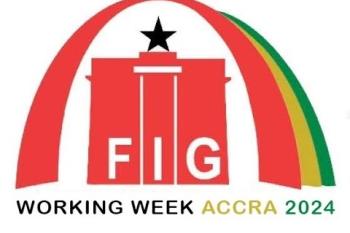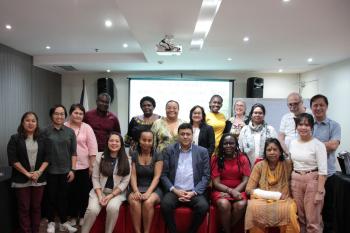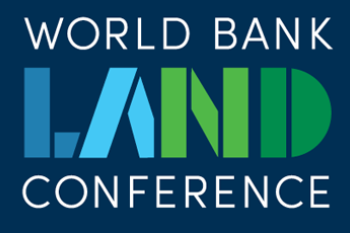Experts Approve the Global Framework for Effective Land Administration
The United Nations Global Geospatial Information Management (UN-GGIM) is pleased to announce the adoption of the Framework for Effective Land Administration (FELA) through a silence procedure that took place on 11 September 2020. The endorsement by the Committee of Experts was based on the report of the Expert Group on Land Administration and Management - which the Global Land Tool Network (GLTN) is a member - that consolidated comments and feedback on the Framework through a global consultation process.
FELA, which has been in development over the last 3 years, is designed to be an overarching policy guide, providing a reference for Member States when developing, renewing, reforming, strengthening and modernizing land administration systems. It seeks, amongst other objectives, to provide strategic guidance towards the development and implementation of country-specific action plans for strengthening land administration and management. The Framework aligns directly with the overarching and strategic Integrated Geospatial Information Framework (IGIF) and provides an implementation of the IGIF for the land sector. The nine pathways of FELA – Governance, Institutions and Accountability; Policy and Legal; Financial; Data; Innovation; Standards; Partnerships; Capacity and Education; Advocacy and Awareness - provide a mechanism towards effective leadership, advocacy, mobilization and actions to effectively document, record and recognize people-to-land relationships in all forms for the wellbeing of society, environment and economy.
The Committee of Experts - which consists of government experts from United Nations Member States as well as experts from international organizations, as observers – also requested that the Framework be a living document which is reviewed and updated periodically and one that incorporates the rights of indigenous groups.
As a member of the Expert Group, GLTN has been actively contributing towards the development of the Framework culminating in the recognition of its tools and approaches such as: the acknowledgement of the Continuum of Land Rights and Fit-For-Purpose Land Administration approaches as the foundation for promoting 'land rights for all'; recognition of the New Urban Agenda (NUA) as a key component for strengthening land governance in urban areas; recognition of land as the root source of conflict hence its effective administration as a key contributor towards peace and stability; contribution to new knowledge on financing the establishment and maintenance of land administration systems through Costing and Financing of Land Administration Services (COFLAS) and Land-Based Financing (LBF), amongst others.
Moving forward, GLTN will continue to raise awareness and contribute towards the periodic review of FELA. These inputs will be aligned with the knowledge and experiences of implementing inclusive, fit-for-purpose and gender-responsive land tools, in line with the key principles of the Framework, at the national level with the aim of improving tenure security for all, with a focus on women, youth and vulnerable groups.
The newly approved Framework can be accessed at: http://ggim.un.org/meetings/GGIM-committee/10th-Session/documents/E-C.20-2020-29-Add_2-Framework-for-Effective-Land-Administration.pdf.


